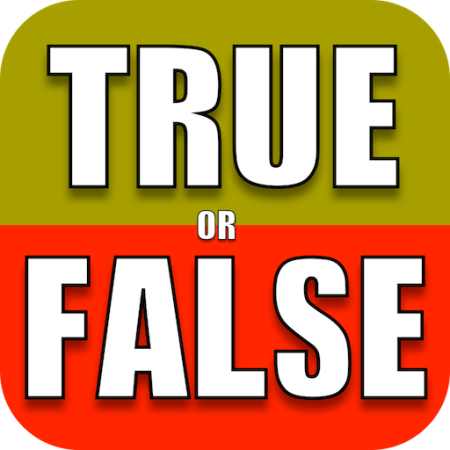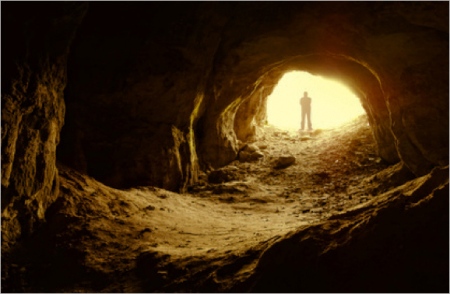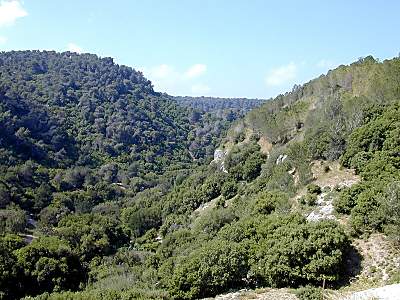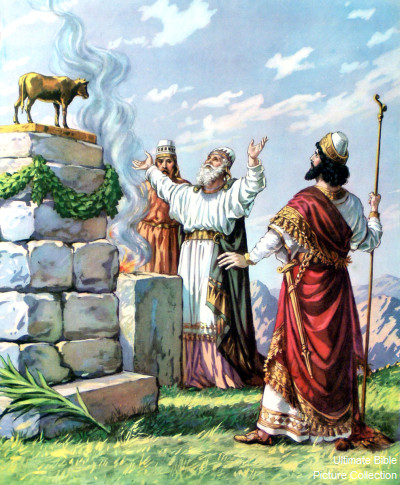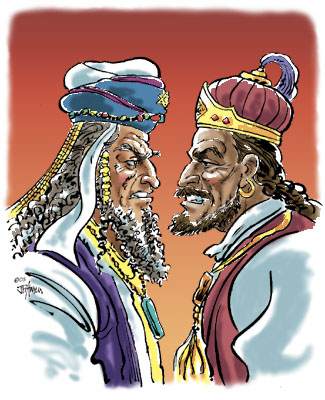
We finish 1 Kings, which has been a litany of tragedy. Beginning with the twilight of great King David’s reign and the wisdom and magnificence of Solomon’s, it quickly deteriorated into national division, civil war, idol worship, and moral decay.
1 Kings 22:29-53 (NIV)
Ahab Killed at Ramoth Gilead
29 So Ahab king of Israel and Jehoshaphat king of Judah went up to Ramoth Gilead. 30 The king of Israel said to Jehoshaphat, “I will enter the battle in disguise, but you wear your royal robes.” So the king of Israel disguised himself and went into battle.
31 Now the king of Aram had ordered his thirty-two chariot commanders, “Do not fight with anyone, small or great, except the king of Israel.” 32 When the chariot commanders saw Jehoshaphat, they thought, “Surely this is the king of Israel.”
Why did Jehoshaphat go into battle when he had heard the prophecy from the Lord that defeat was certain? And why did he go dressed in royal robes, with all but a target painted on him? This makes no sense to me.
So they turned to attack him, but when Jehoshaphat cried out, 33 the chariot commanders saw that he was not the king of Israel and stopped pursuing him.
As this story is told in 2 Chronicles, it is clear that Jehoshaphat cried out to the Lord:
2 Chronicles 18:31-32 (ESV)
As soon as the captains of the chariots saw Jehoshaphat, they said, “It is the king of Israel.” So they turned to fight against him. And Jehoshaphat cried out, and the LORD helped him; God drew them away from him. For as soon as the captains of the chariots saw that it was not the king of Israel, they turned back from pursuing him.
34 But someone drew his bow at random and hit the king of Israel between the sections of his armor.
This seemed to be pure chance. It was some man, and he pulled his bow at random – but it struck as if it were a sin-seeking missile. God orchestrated the unintended actions of man to result in an exercise of His judgment.
–David Guzik
“And now what joy could Ahab’s black soul, ready to depart, have of his ivory house? Who had not rather be a Micaiah in the jail than Ahab in the chariot? Wicked men have the advantage of the way, godly men of the end.”
–John Trapp
The king told his chariot driver, “Wheel around and get me out of the fighting. I’ve been wounded.” 35 All day long the battle raged, and the king was propped up in his chariot facing the Arameans. The blood from his wound ran onto the floor of the chariot, and that evening he died. 36 As the sun was setting, a cry spread through the army: “Every man to his town. Every man to his land!”
The battle is lost and King Ahab is dead. The prophet Micaiah is vindicated!
37 So the king died and was brought to Samaria, and they buried him there. 38 They washed the chariot at a pool in Samaria (where the prostitutes bathed), and the dogs licked up his blood, as the word of the LORD had declared.
39 As for the other events of Ahab’s reign, including all he did, the palace he built and adorned with ivory, and the cities he fortified, are they not written in the book of the annals of the kings of Israel? 40 Ahab rested with his ancestors. And Ahaziah his son succeeded him as king.
By material standards, the reign of Ahab was a success. He was generally militarily successful and enjoyed a generally prosperous economy. Yet spiritually his reign was a disaster, one of the worst ever for Israel.
Jehoshaphat King of Judah

41 Jehoshaphat son of Asa became king of Judah in the fourth year of Ahab king of Israel. 42 Jehoshaphat was thirty-five years old when he became king, and he reigned in Jerusalem twenty-five years. His mother’s name was Azubah daughter of Shilhi. 43 In everything he followed the ways of his father Asa and did not stray from them; he did what was right in the eyes of the LORD. The high places, however, were not removed, and the people continued to offer sacrifices and burn incense there. 44 Jehoshaphat was also at peace with the king of Israel.
45 As for the other events of Jehoshaphat’s reign, the things he achieved and his military exploits, are they not written in the book of the annals of the kings of Judah? 46 He rid the land of the rest of the male shrine prostitutes who remained there even after the reign of his father Asa. 47 There was then no king in Edom; a provincial governor ruled.
48 Now Jehoshaphat built a fleet of trading ships to go to Ophir for gold, but they never set sail—they were wrecked at Ezion Geber. 49 At that time Ahaziah son of Ahab said to Jehoshaphat, “Let my men sail with yours,” but Jehoshaphat refused.
50 Then Jehoshaphat rested with his ancestors and was buried with them in the city of David his father. And Jehoram his son succeeded him as king.
The writer of 1 Kings summarized some of the remarkable accomplishments of Jehoshaphat, who was one of the better kings of Judah. From 2 Chronicles we learn many of Jehoshaphat’s other accomplishments.
- He sent teachers of God’s Word out to all his kingdom (2 Chronicles 17:7-9).
- He established a permanent military garrison along the northern frontier (2 Chronicles 17:1-2, 12).
- He trained and equipping a sizable army (2 Chronicles 17:14-19) that was able to quell a Transjordan invasion (2 Chronicles 20:1-30).
- He placed Edom under Judean control, controlling an important caravan route to the south (2 Kings 3:8-27; 2 Chronicles 20:36).
- God blessed his reign so much that the fear of the Lord came upon neighboring nations so that they did not make war against Jehoshaphat (2 Chronicles 17:10).
- Jehoshaphat was also an able administrator, implementing judicial reforms (2 Chronicles 19:5-11) and religious reforms (2 Chronicles 17:3-9).
- Jehoshaphat was also the king connected to the famous incident when the army of Judah saw a great victory won as the Levites led the battle with praise (2 Chronicles 20:15-23).
—David Guzik
Ahaziah King of Israel
51 Ahaziah son of Ahab became king of Israel in Samaria in the seventeenth year of Jehoshaphat king of Judah, and he reigned over Israel two years. 52 He did evil in the eyes of the LORD, because he followed the ways of his father and mother and of Jeroboam son of Nebat, who caused Israel to sin. 53 He served and worshiped Baal and aroused the anger of the LORD, the God of Israel, just as his father had done.
With this, the Book of 1 Kings ends on a low note. It began with the promise of the twilight of Israel’s greatest king, David. It ends with the sad reign of one of the most wicked kings over one of the kingdoms coming from the divided tribes of Israel.
The End of 1 Kings
_________________________
Music:
As we close this book of 1 Kings, with all its problems, and as we live in our own lives, with our own problems — what more can I offer to you than the “Deep Peace” of Christ — sung HERE by one of my favorite choirs, Libera. The lyrics (below) were taken from an old Irish prayer.
Deep peace of the running wave to you
Deep peace of the flowing air to youDeep peace of the quiet earth to you
Deep peace of the shining stars to youDeep peace of the gentle night to you
Moon and stars pour their healing light on youDeep peace of Christ
Of Christ
The light of the world to youDeep peace of Christ to you
_________________________
New International Version (NIV) Copyright © 1973, 1978, 1984, 2010 by Biblica







 Posted by Rebecca
Posted by Rebecca 